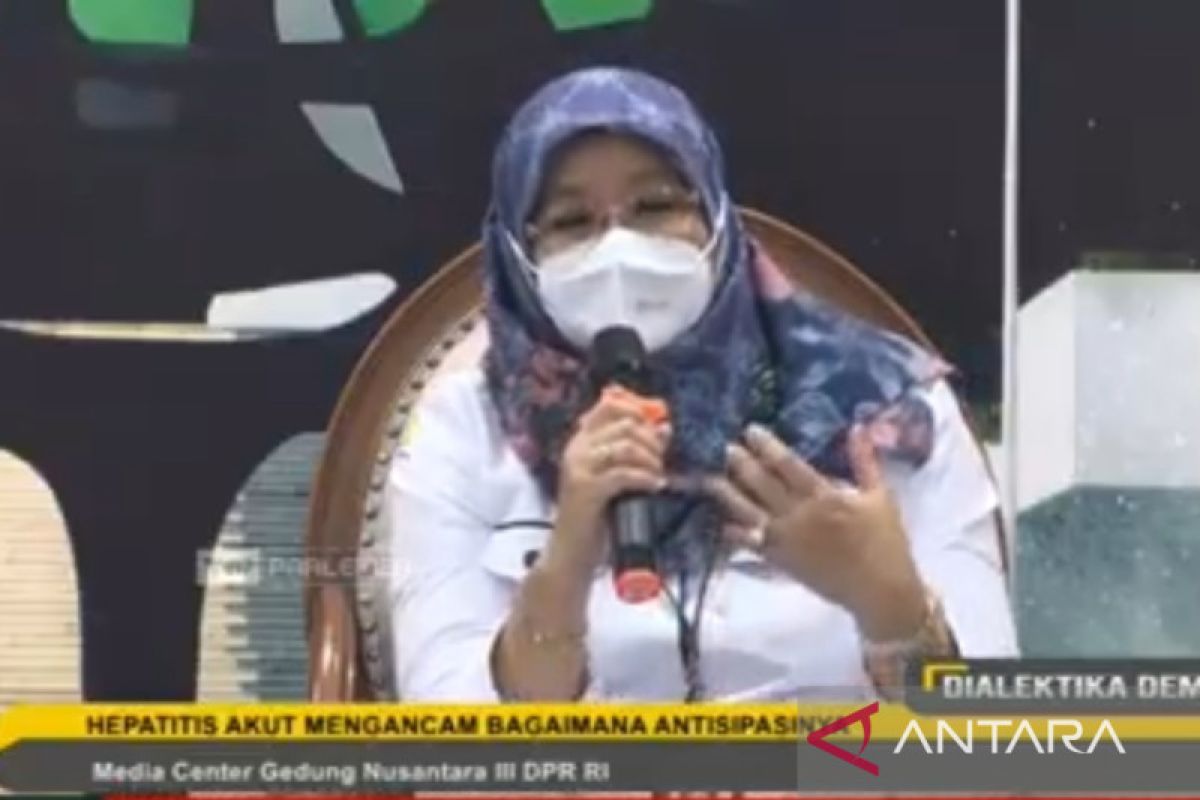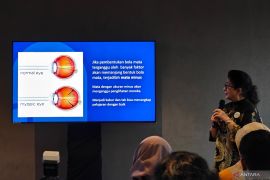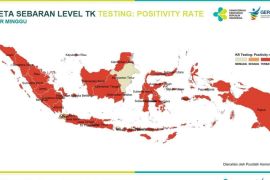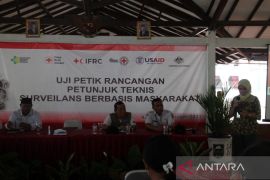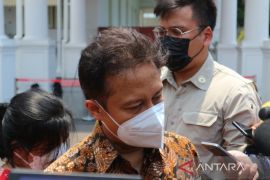However, we still need to be careful because the WHO declared that the disease can potentially evolve into an extraordinary eventJakarta (ANTARA) - The likelihood of acute hepatitis becoming a pandemic is relatively low, Ministry of Health's official, Siti Nadia Tarmizi, stated during a discussion themed "Acute Hepatitis Looms, How to Anticipate it?" here on Thursday.
This statement was made on the basis of the ministry's evaluation of the development and acceleration of cases.
Cases of acute hepatitis that are currently being reported in the world do not threaten people to the extent that their activities get disrupted.
"However, we still need to be careful because the WHO declared that the disease can potentially evolve into an extraordinary event," she highlighted.
Related news: Health protocol observance can help prevent acute hepatitis: ministry
Within epidemiology, disease stages begin from a surge in cases, extraordinary events, plague, endemic, and pandemic, she stated.
"When it comes to COVID-19, it has already reached the pandemic stage. When it comes to this (acute hepatitis), the WHO only said to be careful because it can become an extraordinary event," she remarked.
According to experts, the symptoms for acute hepatitis are similar to those of hepatitis A, the transmission of which occurs through food, Tarmizi explained.
However, no scientific facts are available regarding how to identify the virus and to medicate for this mysterious hepatitis disease.
"We do not know what caused the disease. We do not know what medicine to use. We do not know the risk factor. We also do not know for sure how its infection works," she noted.
Related news: Severe symptoms of acute hepatitis surface within fortnight: Ministry
To this end, the public is urged to continue to follow a clean lifestyle by diligently washing hands, being picky on what to eat, and not sharing eating utensils with other people, she stated.
Based on the case data in Indonesia that the ministry holds, seven out of the 14 cases of acute hepatitis occurred in children below five years of age. Moreover, three people in the age bracket of 11-16 years and four children aged 5-10 years were infected.
"The risk for children under five years is larger. Hence, we believe that we do not need to conduct face-to-face learning (PTM) evaluation," Tarmizi remarked.
Related news: Long-waited Eid al-Fitr mudik relatively safe, smooth this year
Related news: Demanding probe into Shireen Abu Akleh's murder by Israeli forces
Translator: Zubi Mahrofi, Fadhli Ruhman
Editor: Fardah Assegaf
Copyright © ANTARA 2022
